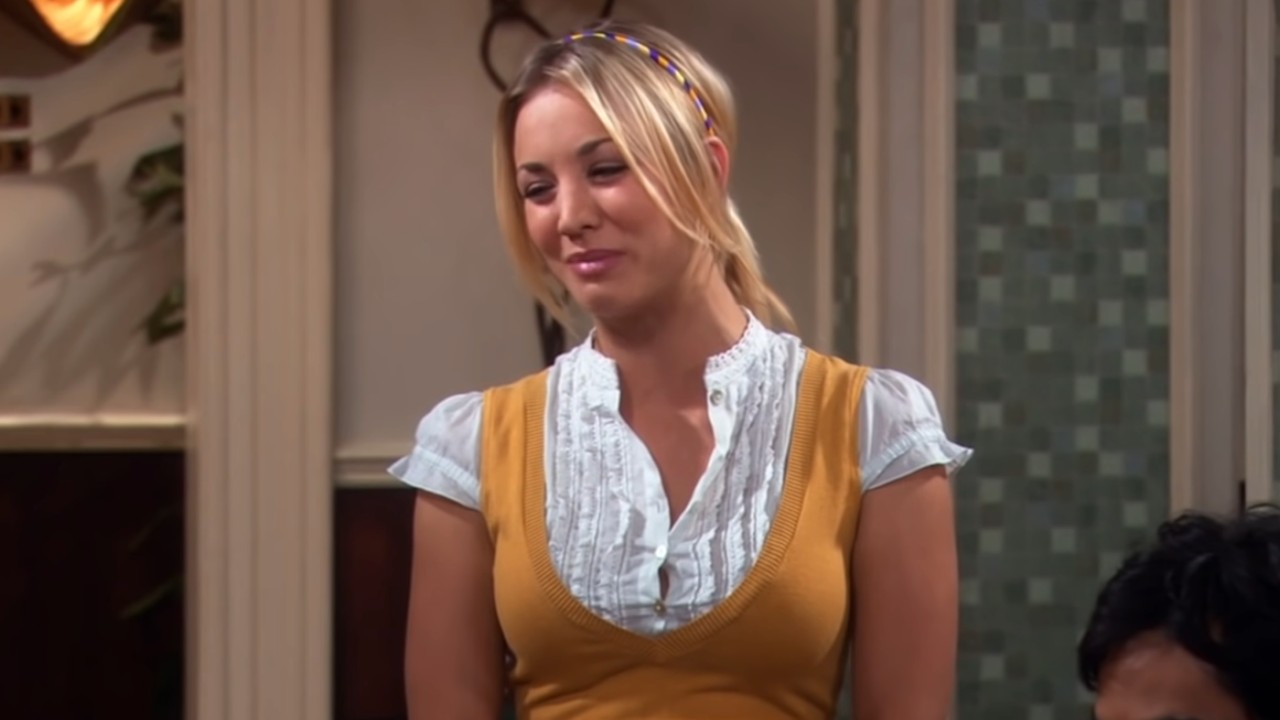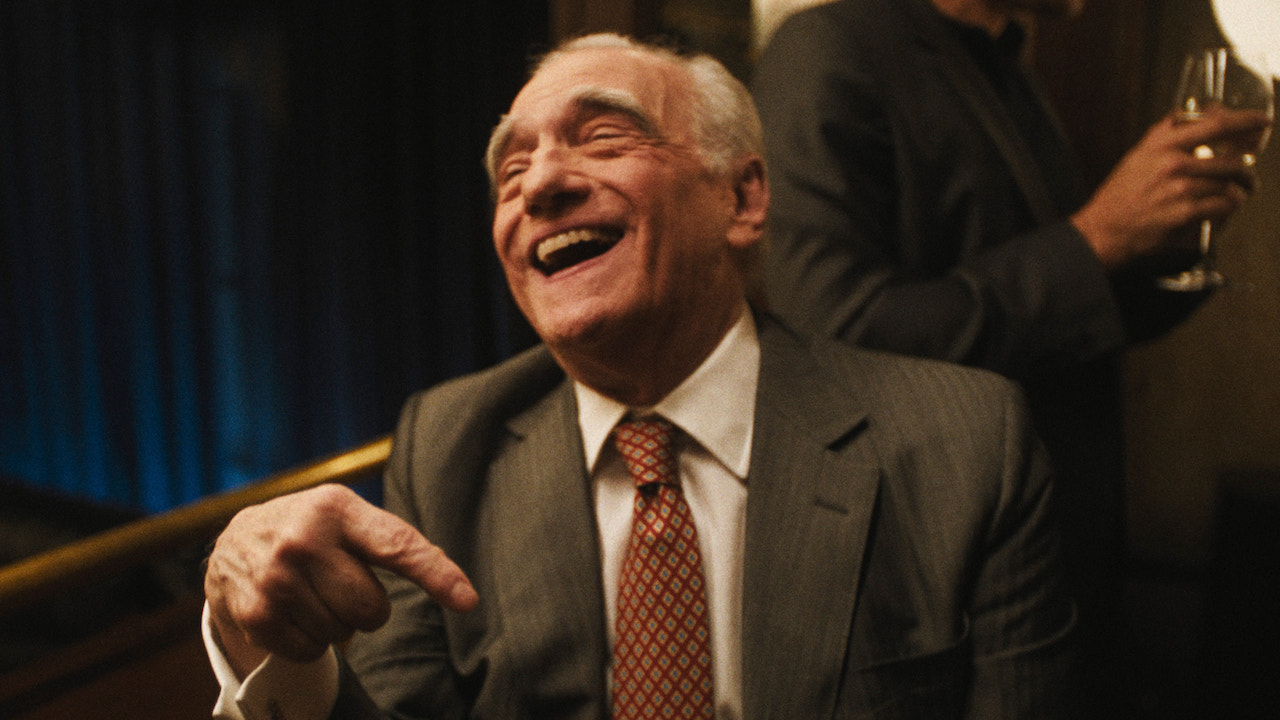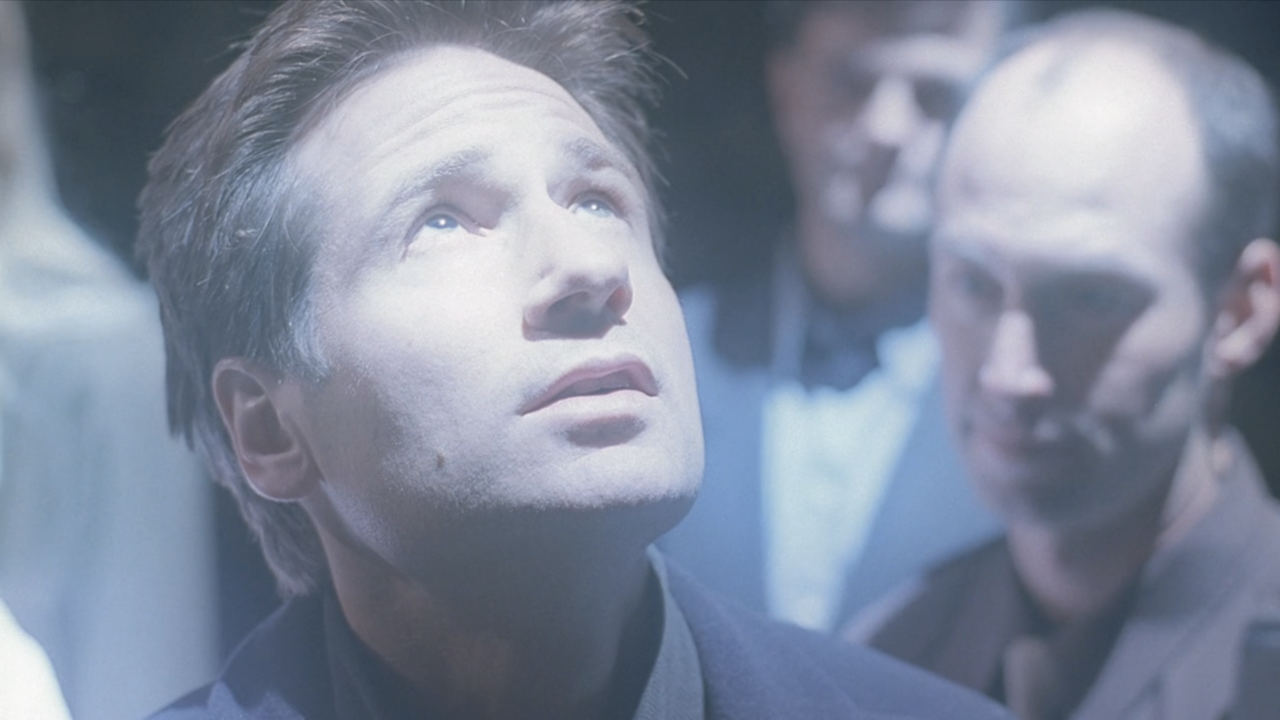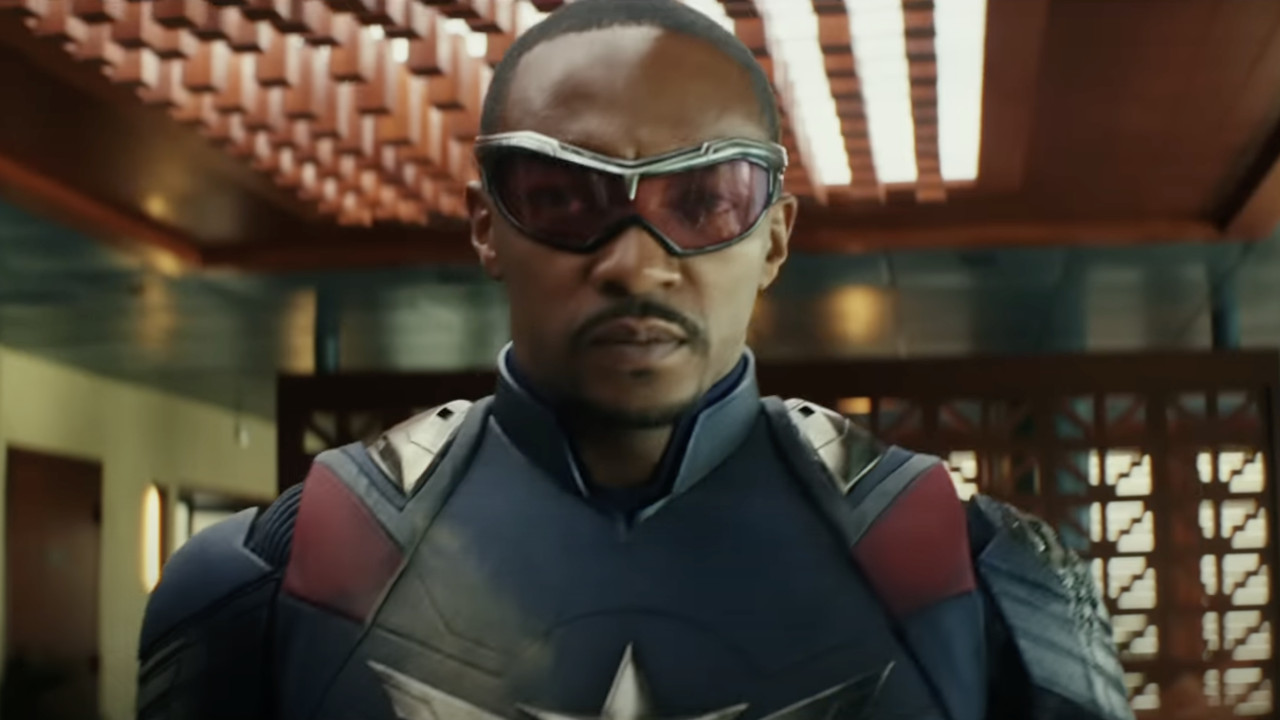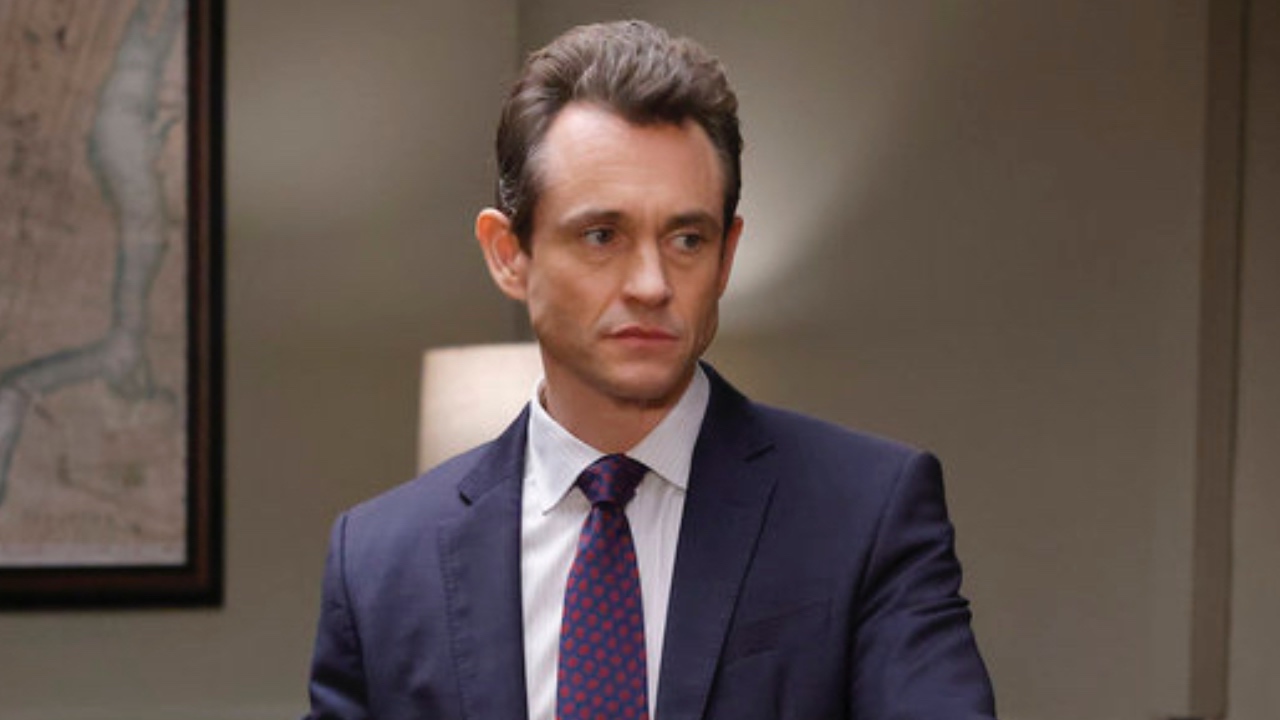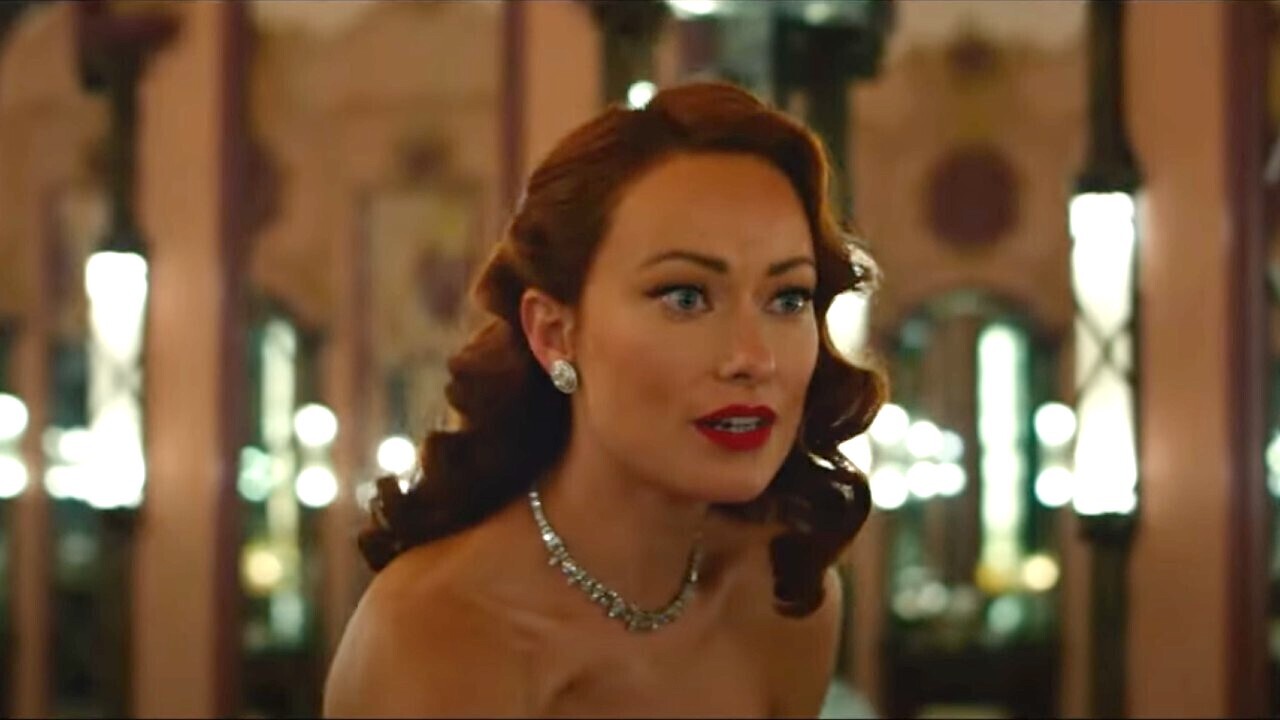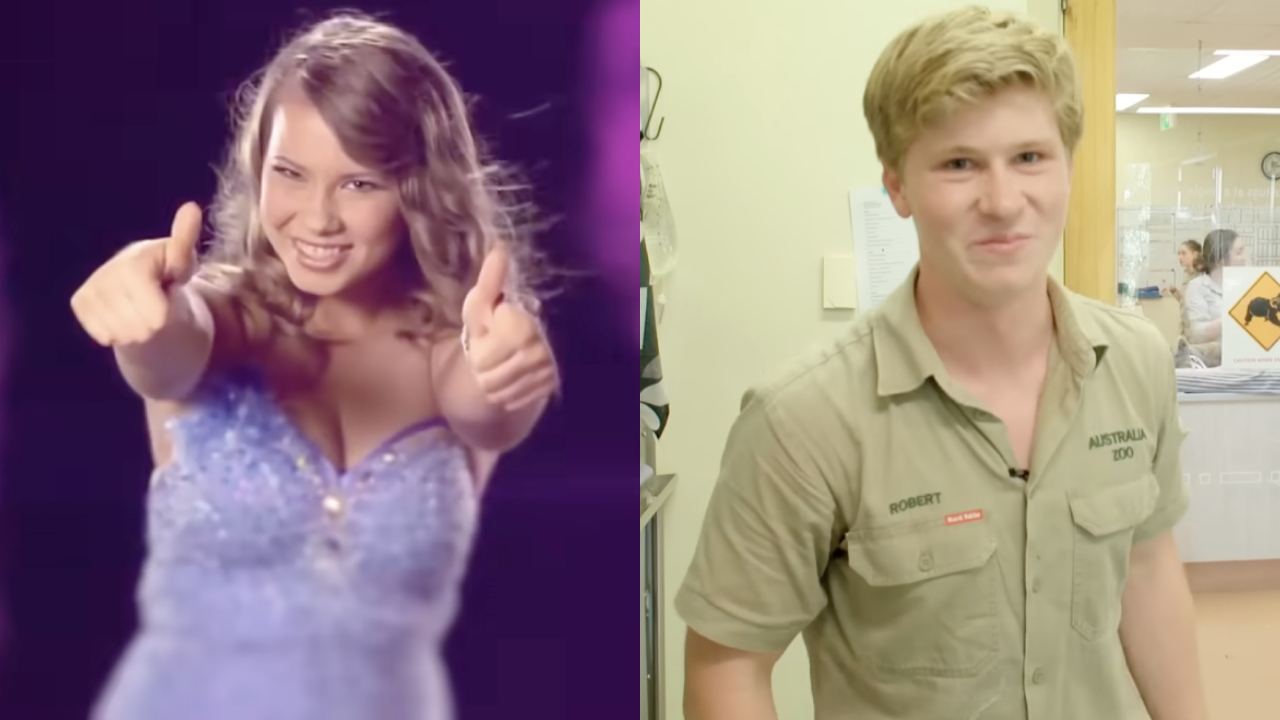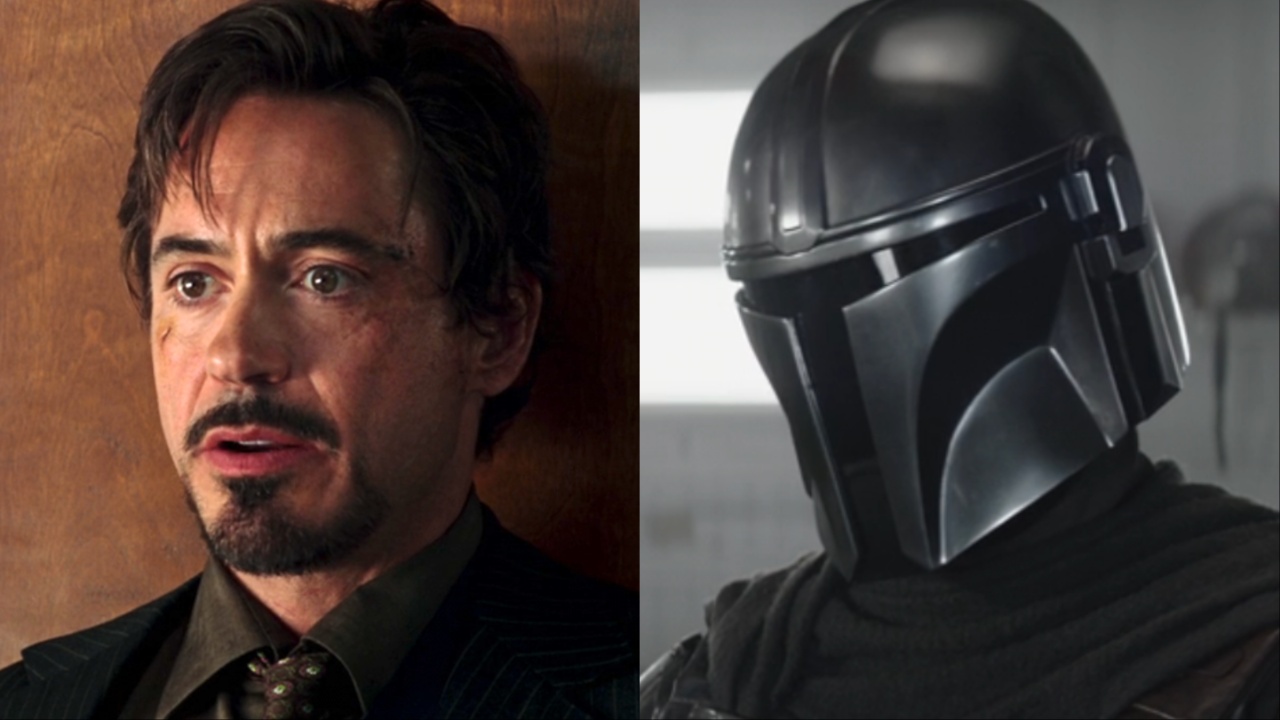The Toughest Stunt George MacKay Pulled Off For 1917
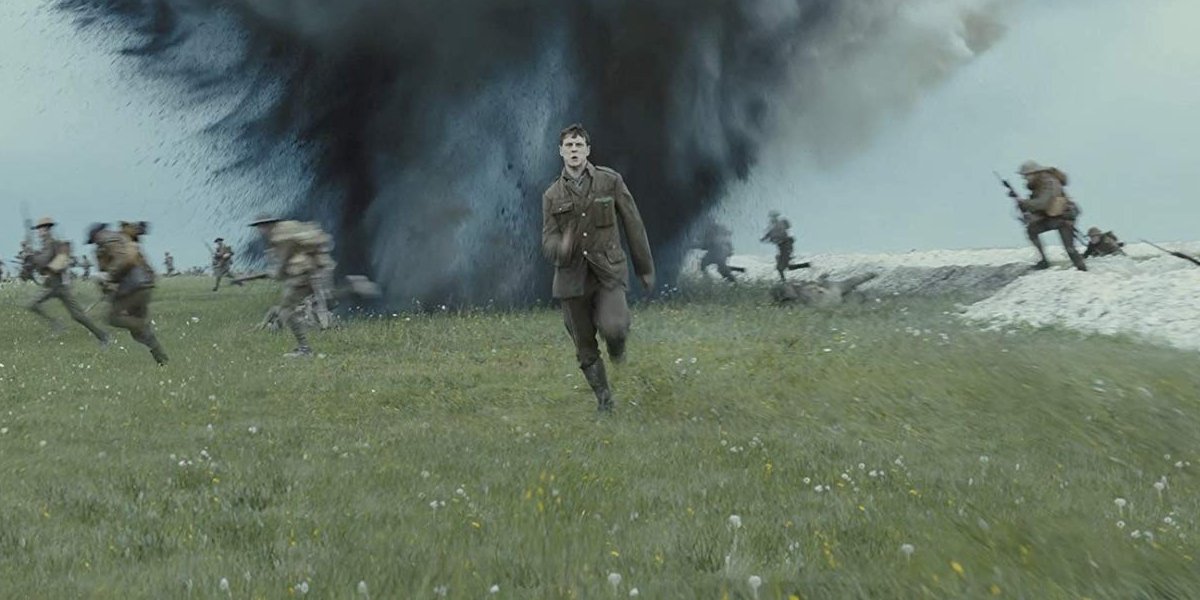
In a film that is as technically meticulous as director Sam Mendes’ 1917, there are bound to be all sorts of challenges. And just as the film itself was insanely difficult to film and script in its real time/continuous shot format, it was equally taxing when it came to the stunts that actor George MacKay had to pull off on set.
When I recently sat down to talk with MacKay, alongside his 1917 co-star Dean-Charles Chapman, the conversation surrounding the various stunts he had to pull off on camera turned to the most difficult feat that he had to achieve. Discussing his most taxing stunt, he said,
We were looking for a particular lighting state, which meant that we had a very finite window to get one particularly physical scene, which was a full sprint. And basically we just went again, and again, and again, within that time zone. I remember thinking that my legs sort of walking back were shaking.
Though it isn’t exactly confirmed in the vague terms discussed by George MacKay, I have a pretty good idea that the stunt he’s talking about is the one that’s the clincher in both trailers for 1917’s finished product. Towards the end of both variants used to sell the film, there is a moment so intense that it’s become a sort of lynchpin when it comes to promoting this project.
It’s a moment we've seen in the trailer, where MacKay’s Lance Corporal Schofield puts his life on the line in the most dangerous way possible, running alongside a trench full of his fellow soldiers during active combat. As he sprints towards the camera, explosions go off all around him, and men are emerging from that trench running into the fray of battle.
You can see a good portion of that moment in the trailer for 1917, which is shared below for reference:
Having to do his own stunts is certainly a pretty big challenge for an actor like George MacKay. In fact, one of the rare moments he wasn’t allowed to do his own practical stunt work was in a moment that required a tumble backwards down a flight of stairs.
Other than pieces here and there that required a stunt double, or perhaps some CGI enhancements, what you’re seeing Lance Corporal Schofield going through on screen is what George MacKay had to do in real life. This is on top of a lot of specifically blocked and set conditions that came out of the requirement that 1917 could not cut away from the action that was being displayed on screen at any given moment.
CINEMABLEND NEWSLETTER
Your Daily Blend of Entertainment News
That difficulty was compounded by the fact that, as discussed with director Sam Mendes and writer Krysty Wilson-Cairns, there was very little room for error, as the final edit of 1917 was akin to stringing together several complete mini-movies together, rather than putting together a film out of multiple takes of footage for each moment required.
Tthe action shown on screen through George MacKay’s performance was always the center of 1917’s visual universe. With none of the usual shortcuts or time jumps a typical narrative would engage in, it was important to nail it all on the day. As the solace of the editing room was gone in the case of this particular film, it’s more than a good thing that Sam Mendes’ habit for rehearsing his projects was present more than usual on 1917.
In fact, whenever the conditions didn’t match those required to film the moment George MacKay and his co-stars, Sam Mendes had his cast and crew rehearsing the scenes they were going to execute when the timing was right. This is on top of a six month rehearsal period, which marked Sam Mendes’ most preparation for a film he’s ever done in his career.
So when the cry of “action” went out, and MacKay took off sprinting at top speed, it was a confident and polished performance each time he did. Between Mendes’ history as a stage director, and cinematographer Roger Deakins’ legendary eye for detail, George MacKay’s physical performance was even more impressive with the rigors that were applied with the elevated pedigree of the film’s creative team.
It’s all the more evident when you watch George MacKay discussing 1917’s grueling, but rewarding, production; which is shared below, for your own enjoyment.
It’s not always the case, but sometimes the toughest scene of a picture like 1917 ends up being its calling card. Sure enough, the trench run from 1917 feels like the moment that will undoubtedly be co-opted into year-end montages, awards reels, and ads promoting the film for the world to see; and rightfully so.
You really could pluck any scene from the narrative of Sam Mendes and Krysty Wilson-Cairns’ script and it would show off the dedicated hard work that all parties put into the pot to make 1917 a stew of cinematic excellence. But even under those circumstances, the moment that George MacKay takes off on his long sprint alongside the trenches of World War I still emerges as a showstopping set piece that helps cap off a masterpiece working with the tragedies of war.
After all of the careful planning and rehearsal, as well as the intense work that George MacKay did with the stunts he executed for the film, seeing the finished product on the big screen is vital to the enjoyment of this war epic.
This is a good thing considering 1917 starts its limited release on Christmas Day, with January 10, 2020 marking its date of its wide release. Though if you happen to see this film before the new year, you can see what else will make its way to theaters around that same time in our 2020 release schedule.
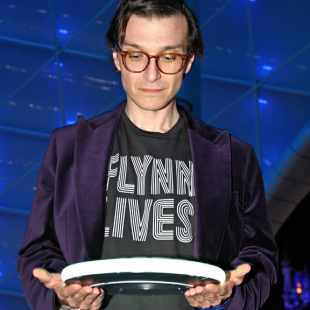
Mike Reyes is the Senior Movie Contributor at CinemaBlend, though that title’s more of a guideline really. Passionate about entertainment since grade school, the movies have always held a special place in his life, which explains his current occupation. Mike graduated from Drew University with a Bachelor’s Degree in Political Science, but swore off of running for public office a long time ago. Mike's expertise ranges from James Bond to everything Alita, making for a brilliantly eclectic resume. He fights for the user.
